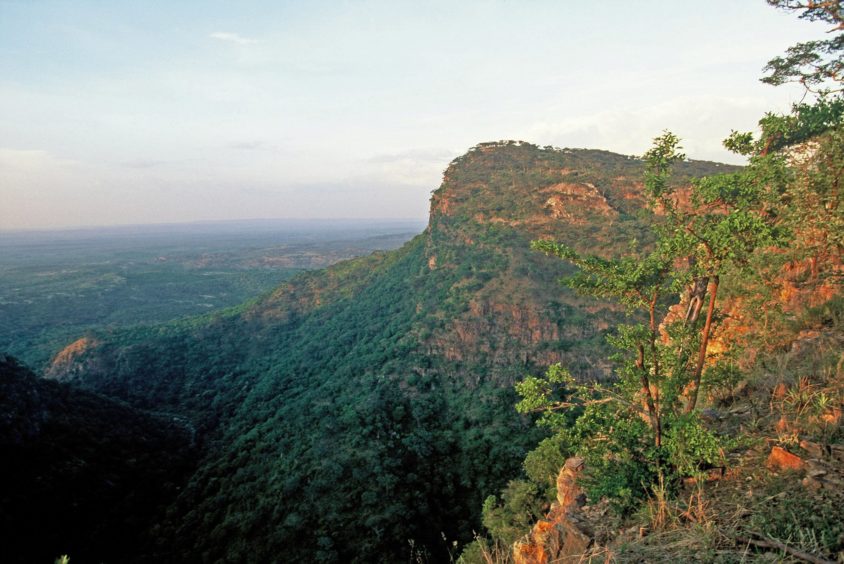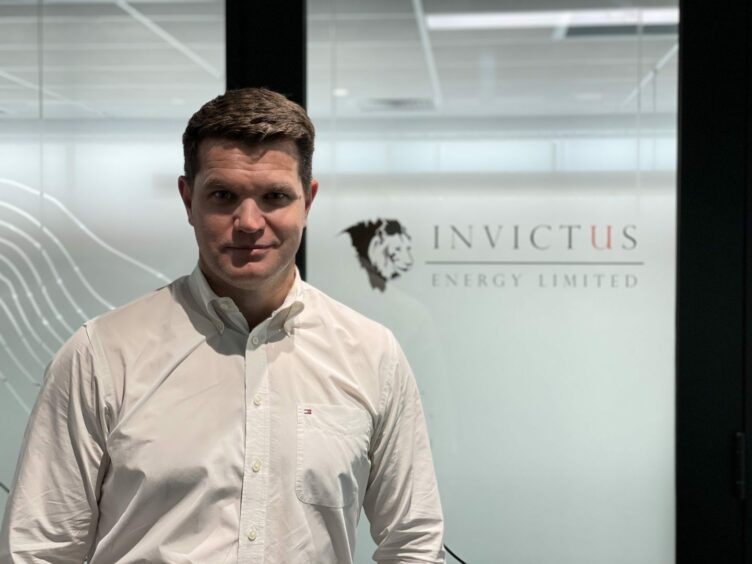
Invictus Energy (ASX:IVZ) has declared a discovery at its Mukuyu project in Zimbabwe, recovering gas to surface.
“It’s been a long time, for me, it’s been 12 years in the making from the first time we looked at the acreage,” managing director Scott Macmillan explained to Energy Voice. “We had a couple of difficulties at Mukuyu-2 but we finally got there.”
Invictus suspended trading on December 5 but, following the results announcement is back trading and is up 28% today.
“This opens up Mukuyu as a field, but also the rest of the basin, which we control, we have a lot of running room. We’ve got a big playground.” Mukuyu-2 is 7 km from the original Mukuyu-1 site, with Invictus saying it was declaring both a discovery, with a structural closure of more than 200 square km.
The company has reported preliminary net pay of 13.9 metres in the Upper Angwa. Macmillan explained this was a preliminary number with no calibration. “It’s a brand new basin, we don’t have offset wells. It’s an evolving picture. Gross pay is obviously a much larger number, this is still an early stage for those net numbers.” The company will need to carry out more work to determine the full size of the find.
Drilling is continuing on the Mukuyu-2 sidetrack. Macmillan said the Lower Angwa “which has thicker reservoir and better reservoir quality”. Invictus expects to complete this work in the next 10 to 14 days. The well has reached a depth of 2,987 metres and is targeting a total depth of around 3,400 metres.
The next step will be to order long leads and testing equipment. Invictus expects to provide timing on testing in 2024, he said, and further drilling. The company extended its contract for the Exalo rig for another two years earlier this month.
Signing up for two years gives Invictus a medium term outlook, Macmillan said, praising Exalo’s efforts.
Macmillan has previously talked of how drilling wells in Zimbabwe is, in some ways, less of a challenge than securing the logistics. “It’s the services that cause us the biggest logistical issues – and have the biggest cost.”
Announcing a discovery should see Invictus restart conversations with providers. “We can now provide long-term stable work. We can demand better terms and consolidate equipment. We’re now trying to co-ordinate almost a ballet of everything arriving at once. That should make our lives easier.”
Next plans
In August, Invictus announced the completion of its CB23 survey, which provided 425 km of 2D seismic. This is in the east of the Cabora Bassa Basin.
Success at Mukuyu-2 “opens up the whole play. We had some uncertainty from Mukuyu-1 but now we can see hydrocarbons migrating right up to top horizon.” Invictus will integrate the CB23 work with an earlier survey, CB21, and Mobil’s historic data on the area to provide “an overall picture. From that, we can then risk and rank, picking the best one.”
The data looks “very encouraging”, Macmillan said. “Whether we extend the play to the east of Mukuyu, or explore some of the basin margin plays, will depend on the most logical step from a geological perspective. To extend the current fairway or open a new play.”
Invictus has previously held farm-out talks, although these came to nothing at the time. Now the company has a discovery on its hands, those calculations may change.
Macmillan said the company had three licence areas and so could choose to farm out specific parts, such as the basin margin play or Mukuyu. Invictus is also broadening the scope of its reach, into the UK and the US, while the Southern African banks have also expressed interest in providing support, Macmillan said.

 © Supplied by Invictus Energy
© Supplied by Invictus Energy